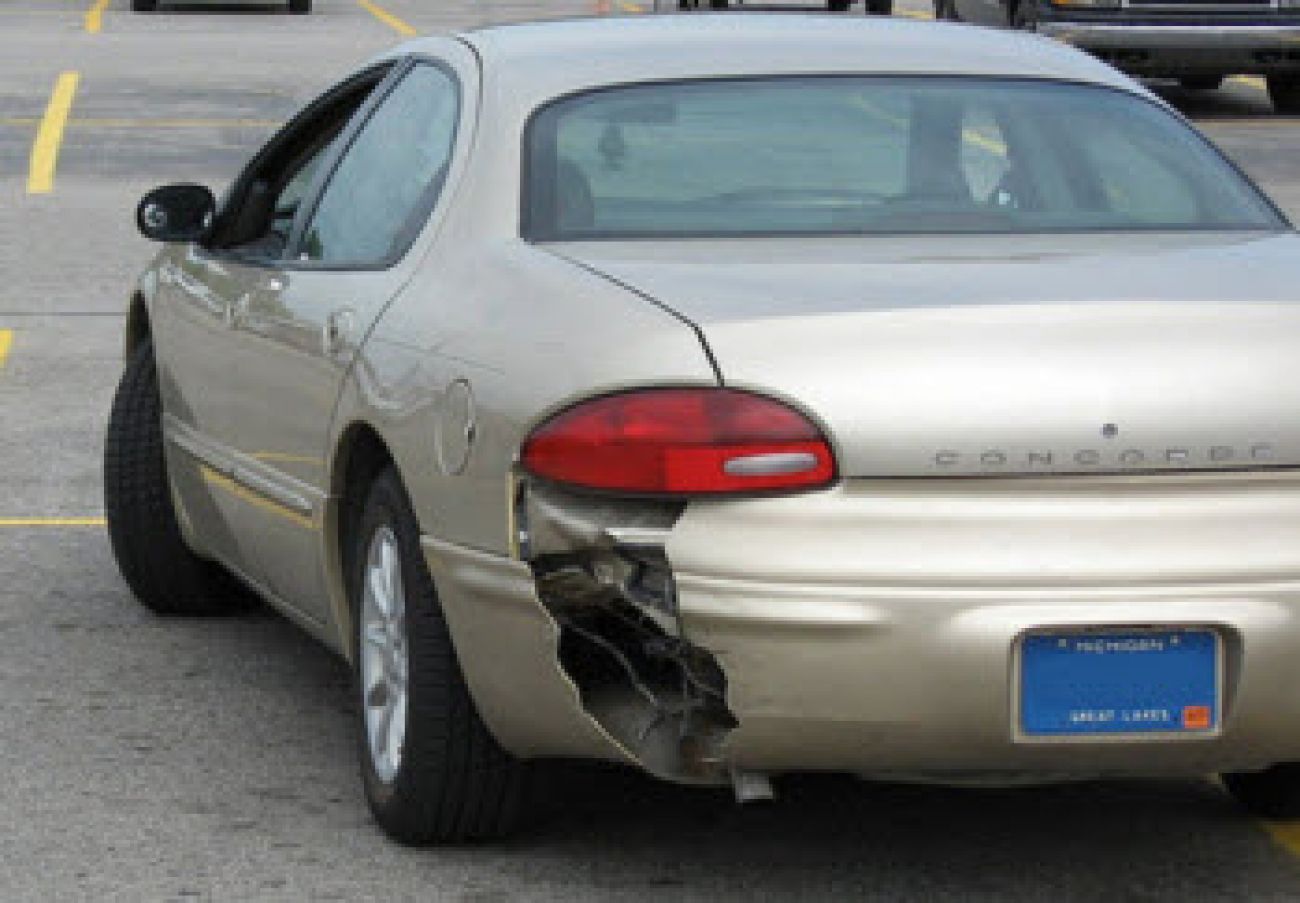Don’t roll back Michigan no-fault insurance protections

Michiganders share in the value of taking care of one another. It’s in our DNA as evidenced by our leadership in donations to take care of others and the multitude of outreach efforts reported in the media almost every day.
In 1973 the Michigan Legislature put that shared value into practice with the passage of No Fault Auto Insurance legislation. That law lifts victims of catastrophic injury out of the quagmire of our healthcare system. By design, “no fault” insurance requires care that meets the victim’s needs as dictated by their injuries. Cost accounting rules and singular for-profit principles of the private insurance marketplace play no role in care decisions.
Recently legislation has been introduced to solve a problem of reinsurance payouts exceeding claims and the parallel increase in auto insurance premiums. You would think that the decline in accident-related traumatic brain injury, higher occupant protections in vehicles and reduction in miles driven would lower the number and long-term liability for claims.
The causes for this premium increase are not what have been so widely reported to the public: the pejorative claim of “unlimited benefits”, rising healthcare costs, fraud and abuse. The totally out-of-control escalation in the cost for medical services plays a role but it is not primary. Care provided to the victims has improved and they are living longer, new claimants are added every year and the need for attendant care is increasing, which all contribute to increased cost.
But none of those things represent the root cause for rising no-fault expenditures. The original intent of the legislation, to insure that we take care of one another when bad stuff happens to good people, the one half of one percent of PIP claims exceeding a million dollars, is not cheap. The victims of catastrophic injuries are surviving longer and the quality of care they receive has improved. Care is monitored by medical professionals, not anonymous individuals in green eyeshades and armbands, or attorneys battling it out in courtrooms.
Medical costs in no-fault states are high since no-fault provides the care and supports deemed necessary to address the injuries sustained. The scope of services provided, as a result of the very clear and specific language in the original legislation, is far greater than is typical for standard health insurance policies. Personal Injury Protection in no-fault cases does not have the caps, predetermined fees, or arbitrary time limitations that are standard practice in the health insurance industry. (The PPACA is changing that – no caps or time limits)
Michigan chose to insure that the victims of catastrophic injuries would not endure the same fate as those in other states. Instead of requiring long and expensive litigation to receive care, often approved too late to help, imposing caps and arbitrary time limits and the inevitable cruel abandonment of those suffering in “non” no-fault states (tort based systems), we chose to take care of our own.
No-fault public policies are not the sole contributor to increases in insurance premiums. Vehicles cost more to repair, a trade off for occupant protection and fuel economy. Costs for medical services have increased at a rate far higher than inflation due in large part to the business practices of insurance companies and medical care providers, not the needs of those catastrophically injured.
Representative Kate Segal’s comment fits: “We all know we pay too much for auto insurance. Michigan has some of the highest insurance rates in the country, and a leading factor in those rates is the exorbitant collision insurance rates charged in this state - not just the no-fault insurance rates. So, rather than a special interest giveaway, why not bring some common sense, transparent reforms to our insurance system?”
A long time ago we chose to take care of one another. We should not let a singular focus on a financial “for-profit-above-all-else” attitude distort a core value that has served Michigan and America so well. As a recent Citizens Research Council Report concludes: “Policymakers should consider reforms to Michigan’s no-fault insurance that have little to no impact on accident victims but would potentially lead to significant reductions in health care spending related to auto accidents.”
A reader and public comment contributor to Bridge Magazine’s previous articles about no fault may have said it best: “We need to be asking ourselves what kind of a state do we want to be? Are we a state of human beings, building into our citizens lives compassion and responsibility to our families, or do we want to be a state catering to the large corporations who share little accountability for the human lives they are impacting with their self-serving and greedy ways.”
Chuck Fellows is a former manager with broad experience in manufacturing, logistics, purchasing, quality and leadership training and development.
See what new members are saying about why they donated to Bridge Michigan:
- “In order for this information to be accurate and unbiased it must be underwritten by its readers, not by special interests.” - Larry S.
- “Not many other media sources report on the topics Bridge does.” - Susan B.
- “Your journalism is outstanding and rare these days.” - Mark S.
If you want to ensure the future of nonpartisan, nonprofit Michigan journalism, please become a member today. You, too, will be asked why you donated and maybe we'll feature your quote next time!





 Chuck Fellows
Chuck Fellows